Asphalt Sealing Benefits and Best Practices
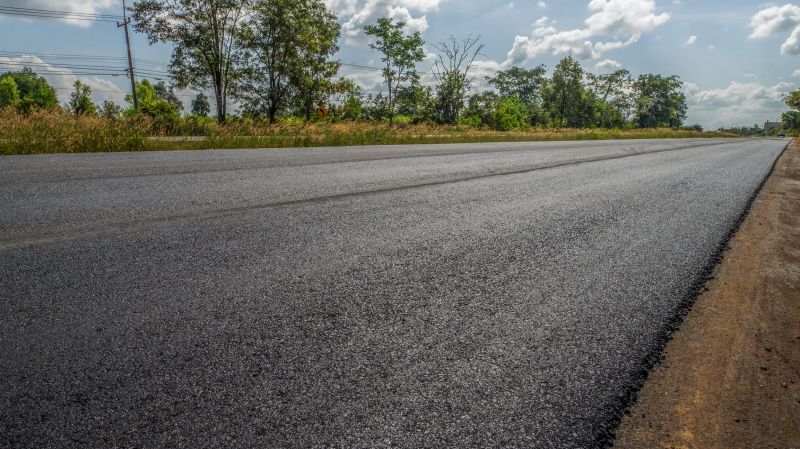
Spring offers optimal conditions for asphalt sealings due to moderate temperatures and low humidity, allowing for proper curing and adhesion.
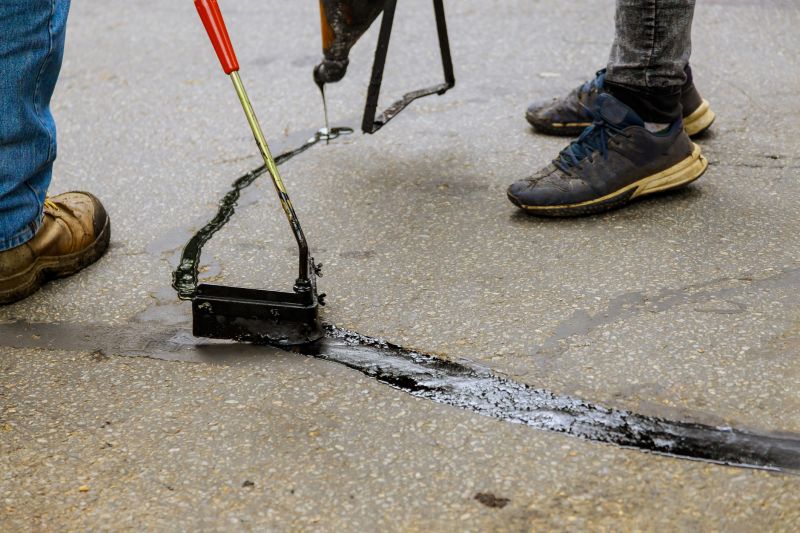
Summer can be suitable if temperatures are not excessively high. Proper timing avoids peak heat, which can affect the sealing process.
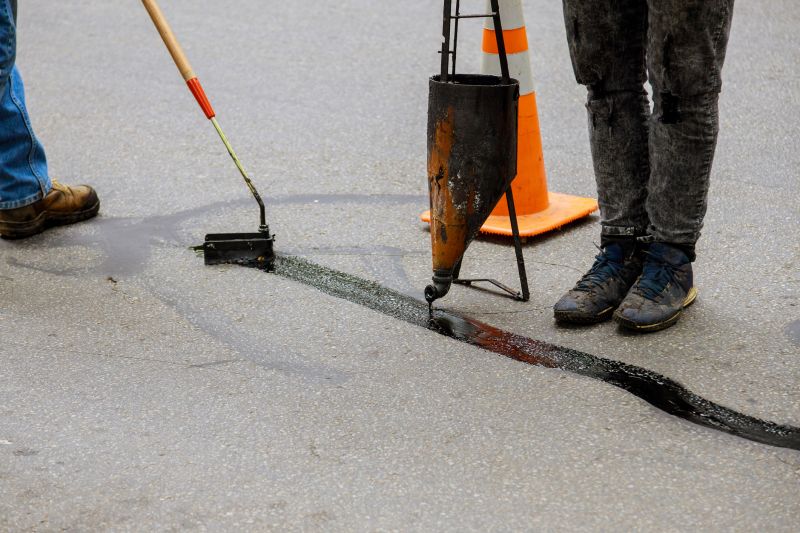
Fall provides cooler temperatures and lower humidity, making it an ideal season for sealings before winter conditions set in.

Ways to make Asphalt Sealings work in tight or awkward layouts.
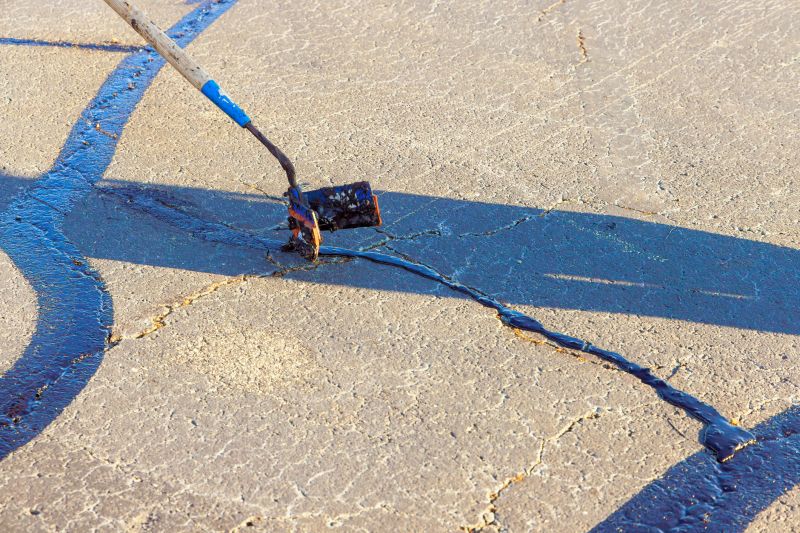
Popular materials for Asphalt Sealings and why they hold up over time.
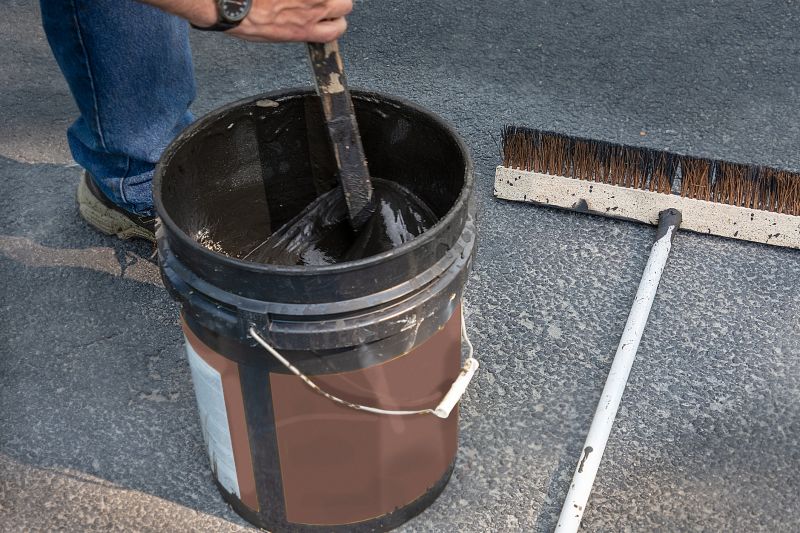
Simple add-ons that improve Asphalt Sealings without blowing the budget.
Asphalt sealings are a crucial maintenance process that involves applying a protective coating to asphalt surfaces. This treatment helps extend the lifespan of pavements by preventing water infiltration, reducing oxidation, and minimizing damage caused by UV rays. Properly sealed asphalt surfaces can significantly improve curb appeal and reduce long-term repair costs.
Statistics indicate that asphalt sealings can extend pavement life by up to 50 percent when performed correctly and at appropriate times. The process is most effective when temperatures are consistently between 50 and 85 degrees Fahrenheit, with low humidity levels. Sealings typically last between 3 to 5 years, depending on traffic and environmental conditions.
Sealings should be applied when ambient temperatures are above 50°F and below 85°F to ensure proper curing.
Low humidity conditions facilitate better adhesion and faster drying of the sealant.
Dry, clean surfaces free from debris and moisture are essential for optimal results.
Avoid heavy traffic on sealed surfaces for at least 24 hours to ensure proper curing.
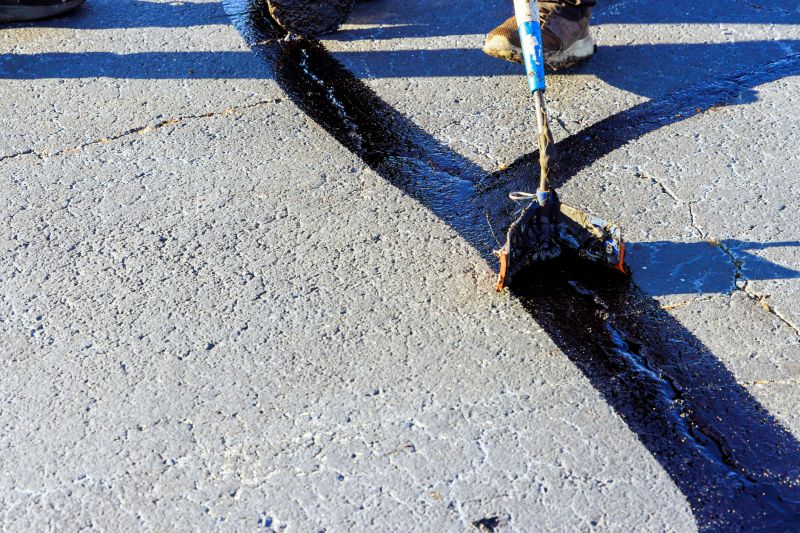
Proper application techniques ensure durability and a uniform finish.

A clean, sealed surface ready to withstand the elements.
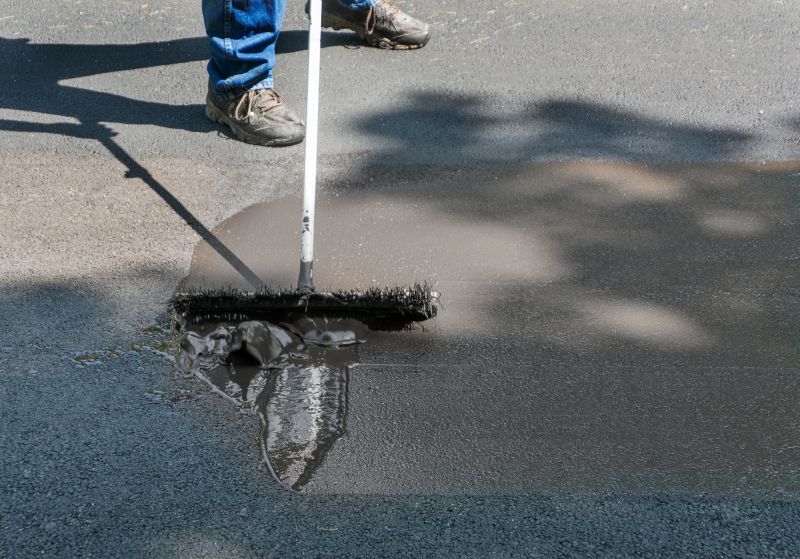
Monitoring drying times is essential for optimal performance.
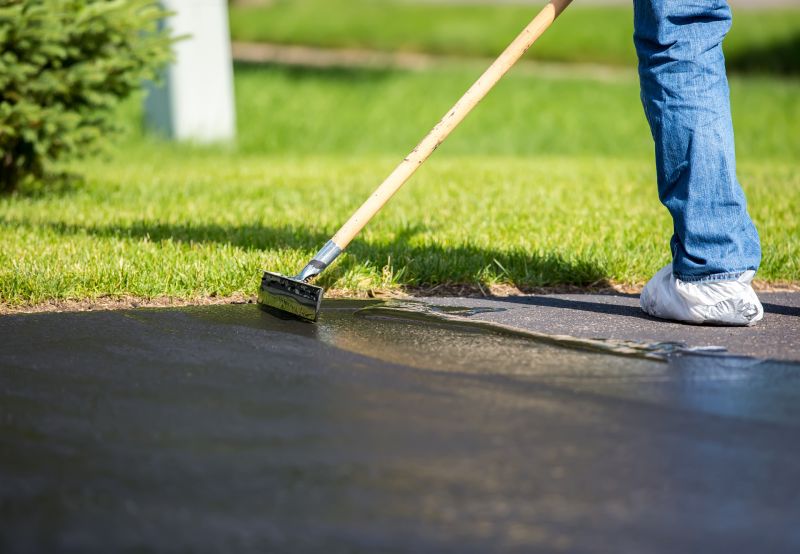
Timing sealings to seasonal weather patterns maximizes lifespan.
| Season | Ideal Conditions |
|---|---|
| Spring | Moderate temperatures, low humidity |
| Summer | Early summer, when temperatures are moderate |
| Fall | Cooler temperatures, lower humidity |
| Winter | Not recommended due to cold and moisture |
Scheduling asphalt sealings during the recommended seasons ensures the best results and longevity. Proper timing reduces the risk of sealant failure and enhances the protective qualities of the coating. Regular maintenance, including timely sealings, can help preserve the asphalt surface and prevent costly repairs.
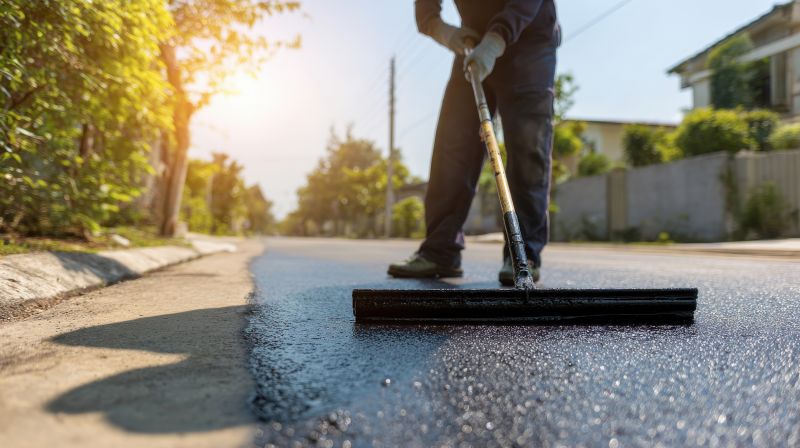
Applying sealant during optimal weather conditions for maximum effectiveness.
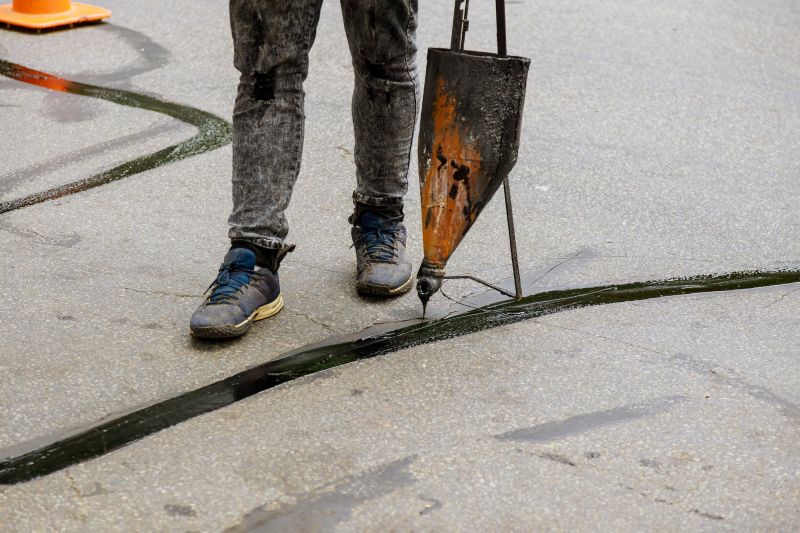
A well-sealed asphalt surface ready for use.

Scheduling sealings according to seasonal weather patterns.
Interested in scheduling asphalt sealings? Filling out the contact form can provide more information and help determine the best timing for specific needs. Properly timed sealings contribute to longer-lasting, durable pavement surfaces.

